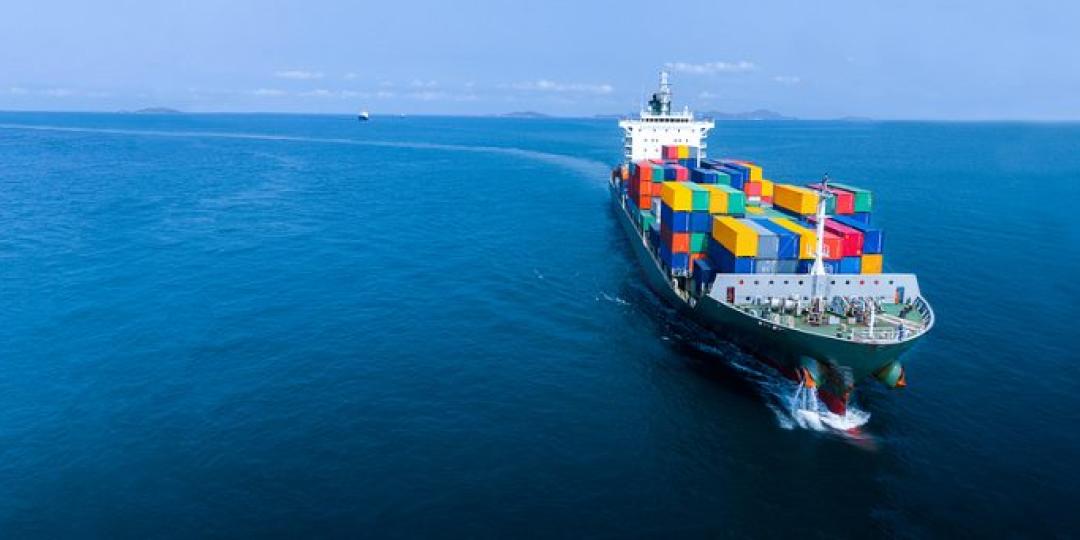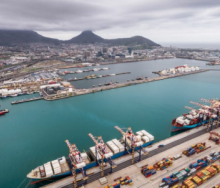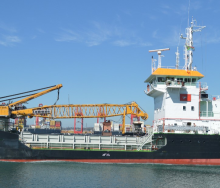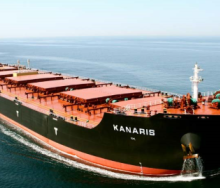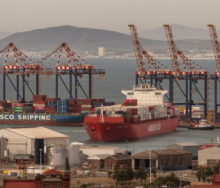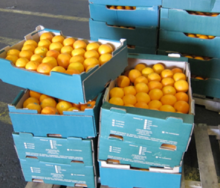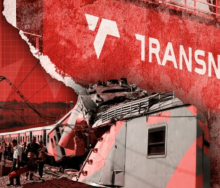Global resources company BHP, German shipping company Oldendorff Carriers, and advanced biofuels pioneer GoodFuels, with the support of the Maritime and Port Authority of Singapore (MPA), conducted the first marine biofuel trial involving an ocean-going vessel bunkered in Singapore earlier this month.
As part of the trial, the 2020-built 81 290-deadweight-tonne dry bulk carrier Kira Oldendorff was refuelled with “drop-in” advanced biofuel blended with conventional fossil fuels.
The key objectives of the biofuel bunkering trial include understanding the behaviour of the fuel (such as emissions), assessing engine and vessel operational performance during the trial, as well as exploring the technical and commercial merits and challenges of biofuels as a marine fuel. “The trial will enable us to develop an informed strategy on the structural supply and use of biofuels to support BHP’s key shipping routes,” said BHP’s vice president of maritime, Rashpal Bhatti.
“These objectives are in line with BHP’s strategy to assess biofuels as a potential low-carbon fuel of the future, which is an important step in enabling BHP to establish pathways for meeting one of its Scope 3 greenhouse gas emission goals for 2030, to support 40% emissions intensity reduction of BHP-chartered shipping of our products.”
The advanced biofuel supplied by GoodFuels reduces CO2 emissions by 80-90% well-to-exhaust compared with HFO/VLSFO, and uses sustainable waste and residue streams as feedstock.
“This trial marks the start of a process for GoodFuels of facilitating more structural supply of sustainable marine biofuels in Singapore, in a commercial, operational and technically feasible manner,” said Isabel Welten, chief commercial officer at GoodFuels.
Oldendorff Carriers chose one of its modern Kamsarmaxes, Kira Oldendorff, for the trial as appropriate modifications to the vessel were easily carried out to burn the biofuel blend efficiently, and monitoring instruments were installed to capture the trial data as accurately as possible.
